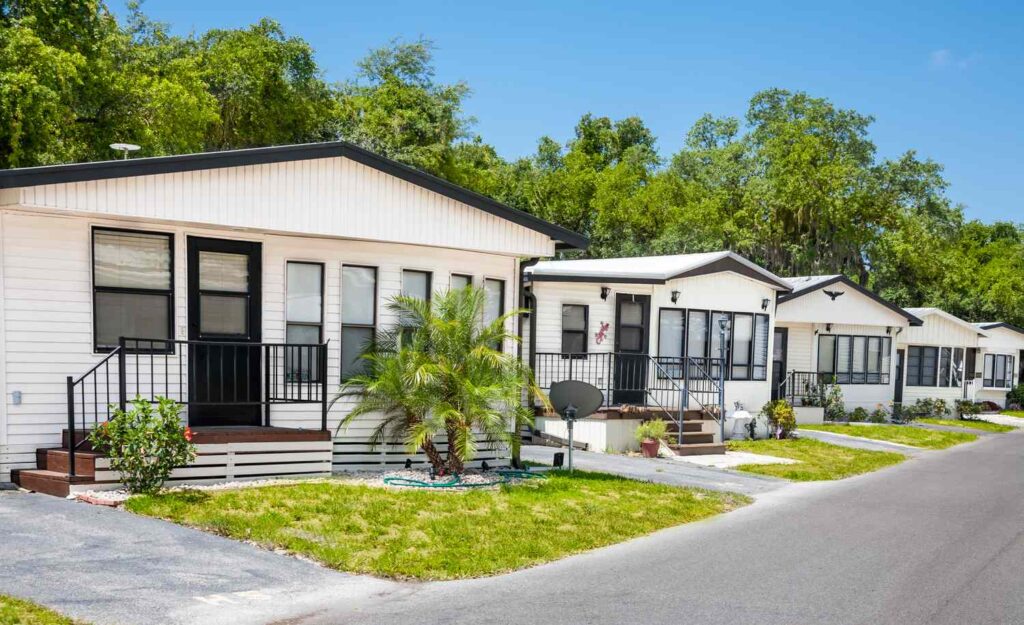
Building codes for modular homes: A Complete Guide
When it comes to constructing a modular home, understanding building codes is crucial. These codes ensure the safety and quality of your new home, and adhering to them is a requirement. If you’re considering investing in a modular home, it’s essential to grasp the intricacies of these regulations. In this article, we’ll discuss the key aspects of building codes for modular homes and explore how they impact your construction project.

Understanding Building Codes
Building codes are a set of regulations that govern the construction and safety standards of buildings. They are put in place to ensure the health, safety, and welfare of the public. For modular homes, these codes determine everything from structural integrity to energy efficiency.
Unlike traditional homes, modular homes are constructed off-site in a factory setting. This unique construction process can offer several benefits, including faster build times and potentially lower costs. However, it also means that modular homes must meet specific building codes before they can be transported and assembled on your property.
The Importance of Building Codes
Adhering to building codes is not just about compliance; it’s about ensuring the safety and longevity of your home. Properly constructed modular homes are built to withstand various environmental factors, such as wind, snow, and seismic activity. Furthermore, they must meet energy efficiency standards, which can lead to long-term savings on your utility bills.
Key Building Codes for Modular Homes
Structural Integrity
The structural integrity of a modular home is one of the most critical aspects of building codes. These codes ensure that the home can withstand the stress of transportation and installation. The modules must be designed to fit together seamlessly, providing a sturdy and stable structure once assembled.
Energy Efficiency
With growing concerns about energy consumption and environmental impact, energy efficiency is a significant focus of building codes for modular homes. These codes dictate the use of energy-efficient materials and systems, such as insulation, windows, and HVAC systems. By adhering to these standards, you can reduce your home’s carbon footprint and save on energy costs.
Fire Safety
Fire safety is a critical component of any building code. Modular homes must be equipped with fire-resistant materials and systems to protect occupants in the event of a fire. This includes the use of fire-resistant walls, roofing, and sprinkler systems.
Plumbing and Electrical Systems
Proper installation of plumbing and electrical systems is essential for the safety and functionality of your modular home. Building codes ensure that these systems are installed correctly and meet safety standards. This includes the use of appropriate materials, such as pipes and wiring, and the installation of safety devices like circuit breakers and smoke detectors.
Additional Considerations
Local Codes and Regulations
While national building codes provide a baseline for modular home construction, local codes and regulations may vary. It’s essential to research and understand the specific requirements for your area. This can include zoning laws, land use regulations, and permit requirements. For more information on preparing your land for a modular home, visit Preparing your land.
Working with Professionals
Building a modular home is a complex process that requires expertise and attention to detail. Working with experienced professionals can help ensure that your home meets all necessary building codes. This includes architects, engineers, and contractors who specialize in modular construction.
For an in-depth look at how technology intersects with modular design, check out Technology and modular design.

FAQs
What is the difference between modular and traditional homes?
Modular homes are built off-site in a factory setting, while traditional homes are constructed on-site. This difference in construction method can lead to faster build times and potential cost savings for modular homes.
Do modular homes have to meet the same building codes as traditional homes?
Yes, modular homes must meet the same building codes as traditional homes. These codes ensure the safety and quality of the home, regardless of the construction method.
How can I ensure my modular home meets all necessary building codes?
Working with experienced professionals, such as architects and contractors who specialize in modular construction, can help ensure that your home meets all necessary building codes.
For more insights into modular homes and minimalist lifestyles, visit Minimalist lifestyles. Additionally, if you’re considering modular homes for retirement, check out Modular homes for retirement.
For a deeper understanding of what modular means in construction, you can explore this external resource.
This article contains affiliate links. We may earn a commission at no extra cost to you.